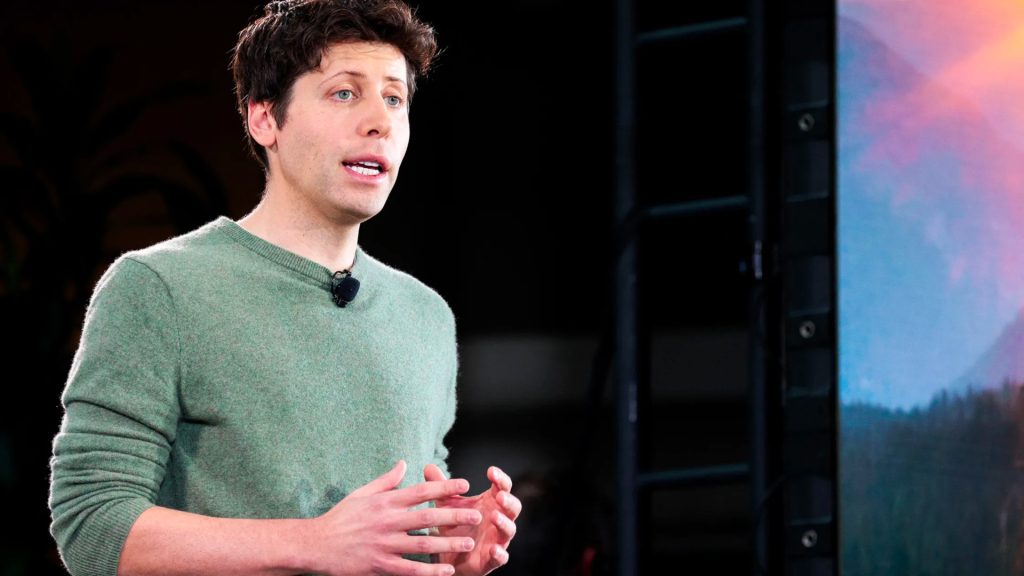AI visionary Sam Altman is driving a project that uses eye scans to distinguish people from software fakes on the internet. His company OpenAI helped create the problem.
With the ChatGPT inventor OpenAI, co-founder Sam Altman has opened the door to artificial intelligence that can imitate humans. With the World identification project, he now wants to ensure that real people can be distinguished from software copies online. The idea is for people to create a profile – “World ID” – with an eye scan. This can only be done using the spherical World scanner called Orb.
Among other things, World wants to tackle the problem of so-called deepfake videos, in which AI software is used to create deceptively real-looking fake recordings of real people. One of the biggest current concerns is that fraudsters are trying to trick employees into transferring money by staging a video call with the alleged boss.
Detect fake videos thanks to scans
World’s solution, called “Deep Face”, is to match the videos with the images that are taken when the eyes are scanned. The company wants to offer its own camera interface on users’ devices so that cooperation between the tech platforms will not be necessary.
The software will be compatible with popular video apps such as WhatsApp, Zoom, Microsoft’s Teams and Apple’s Facetime, World announced. However, the recognition only works for people who have registered with World.
Data protection concerns
World originally launched as a project with cryptocurrency elements under the name Worldcoin. The shorter name and a new version of the orb scanners were unveiled at an event in San Francisco on Thursday.
There were data protection concerns about Worldcoin’s original technical solutions in several countries. For example, the launch in Spain was halted following objections from data protectionists. In the Argentinian capital Buenos Aires, however, around a third of the population had their eyes scanned, according to World. In Lisbon, every seventh inhabitant has a profile.
The company emphasizes that no data is stored on the orbs themselves, but that they go directly to users’ devices. World relies on blockchain technology, such as that used for digital currencies. The data records are split up and the parts are stored in different locations. This should make the system secure against data theft.
No substitute for identity documents
Altman emphasized that the new era of artificial intelligence makes it particularly important to be able to determine that someone is actually a human being. The current infrastructure is not suitable for this.
World also wants to cooperate with governments, said co-founder Alex Blania, who comes from Germany. He assured that the aim was by no means to replace national ID documents. World also wants to offer governments the project’s technology for online identification, which only requires part of the ID data. If there was a global protocol for this, it would be a great advantage, said Blania.
1000 times more orbs
At the presentation of the more powerful Orb model, World also emphasized that 1000 times more devices would be needed for the growth plans. So far, there are locations where you can be scanned. In future, it will also be possible to have an Orb delivered to your home in Latin America and elsewhere. What exactly Orb’s business model will look like in the long term remained unclear after the event.

